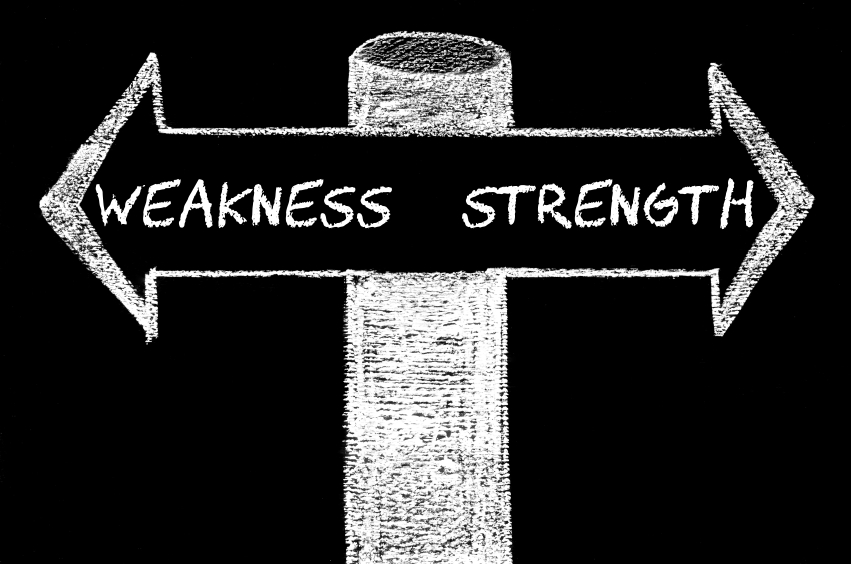In Yesterday’s Advisor, we explored how personality tests really function in the workplace. Today we’ll continue to look at just how these tests can really help you hire the right person for the job—not just the one who seems right.
 |
By Cyndi Sax, senior vice president, Caliper®
More Good Reasons to Use Preemployment Personality Assessments
When you have personality data across an entire team, you can (with the help of expert consultation) see how the personalities mesh and where potential conflicts lie. When people understand each other and become aware of the underlying motivations behind each other’s on-the-job behaviors, they are able to work together more openly and effectively. You can assign work based on people’s strengths as well, which improves productivity, job satisfaction and, ultimately, retention.
Personality assessments also support succession-planning efforts. Imagine that one or more of your senior leaders plan on retiring or leave for another organization. With personality data available on your next level of leadership—or on promising rank-and-file employees, for that matter—a trained consultant can help you identify your high-potential candidates (who may have hidden leadership qualities) as well as guide you in grooming those individuals to take on senior positions.
These are just a few of the ways personality assessments can support your talent management strategy.
What Else Do I Need to Know About Personality Assessments?
There are a few important ideas to know before selecting and using a preemployment tool. First of all, a good personality test, while scientifically valid, is not a medical or clinical instrument and should never be used to extrapolate that which it was not meant to measure. In other words, it measures job behavior potential and is meant to be used solely in a business context.
Second, a good personality assessment should be Equal Employment Opportunity Commission- and Americans with Disabilities Act-compliant. That is, the results and recommendations it provides must not discriminate against race, gender, age, or other protected groups, and it must accommodate people with disabilities in terms of completing the questionnaire. Most established assessment companies are aware of and account for these regulations, but don’t be afraid to ask your contact.
Most importantly, preemployment assessments are intended to serve as a guide and to assist you in making a hiring decision, not make it for you entirely. Your experience and insight are irreplaceable. Think of a preemployment assessment as yet another tool in the HR professional’s toolkit— a tool designed to save you time and money and to provide you with valuable information that pays for itself time and again.

As a certified MBTI practitioner since the early1990s, I would be very reluctant to make some of the recommendations suggested in this post. While assessment tools can tell us about people’s preferred ways to learn, analyze, decide, and interact, these are preferences. Not hard boundaries. A team or other social group can communicate, coirdinate, and collaborate, “even if” the group has “some of THOSE” types…
As I have seen recently, the purveyors of tools like the MBTI have significantly changed their focus and claims over the past years. The code of ethics I signed in the 1990s would not permit me to tell others who to hire or promote based on type. Employers and consultants would be wise to closely examine the claims and data on any assessment instrument, and to read the codes of ethics for any practitioners.